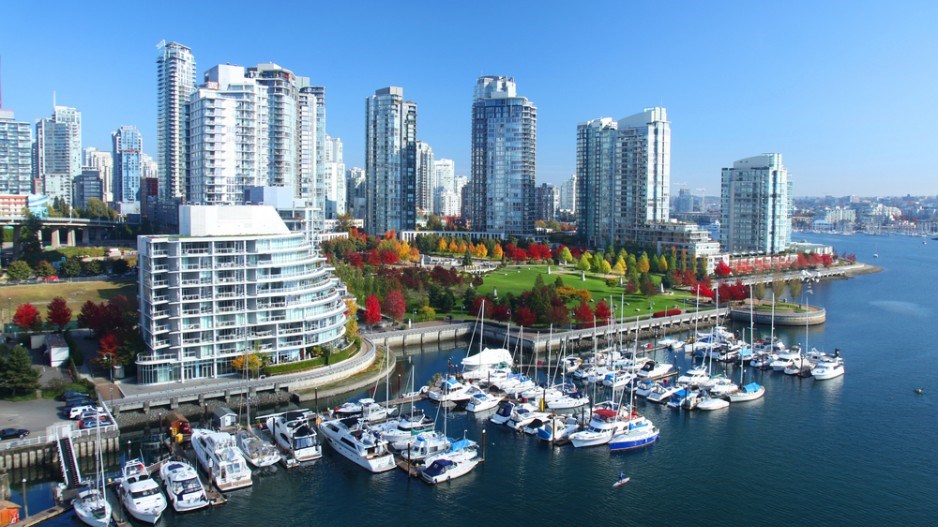The effects of the 15% foreign-buyer tax are fading in Vancouver, and poor affordability remains a significant vulnerability, according to RBC’s Canadian Housing Health Check, published July 27.
RBC’s affordability measure – which calculates ownership costs as a percentage of household income – is 79.7% in Vancouver. This is more than 30 percentage points higher than the national average of 45.9%. Anything higher than 45.1% is said to pose a major risk.
“Despite further improvements this year, extremely poor affordability is still a major vulnerability,” RBC said in the report. “Policy measures to address housing risks have contributed to cooling the market down, although the effect of these measures may be waning.
“The recent tightening of demand-supply conditions has dimmed the risk of a sharp price decline in the near term.”
Although stress is highest in the single-family home category, condo apartments are also feeling the strain.
RBC said the measure for Vancouver remains close to the highest level ever recorded in the city; the worst levels were seen in the early 1980s, when the affordability measure broke through the 90% mark as interest rates exceeded 18%.
According to the report, affordability is not expected to improve in Vancouver in the near or medium term.
Another issue contributing to vulnerability in the region is the fact adult population growth has declined over the past several months. In June 2017, growth was 1.4%; this is half a percentage point lower than the 1.9% recorded in March 2016.
“Any sustained period of slower-than-usual growth in population could cause some issues for the high levels of housing construction in the area,” RBC said.
@EmmaHampelBIV




